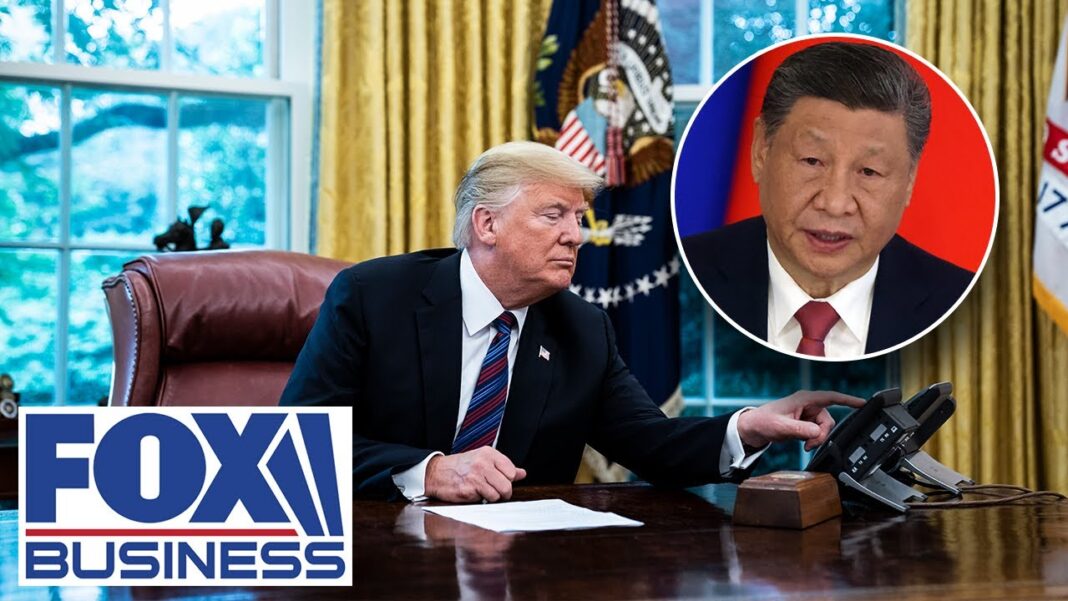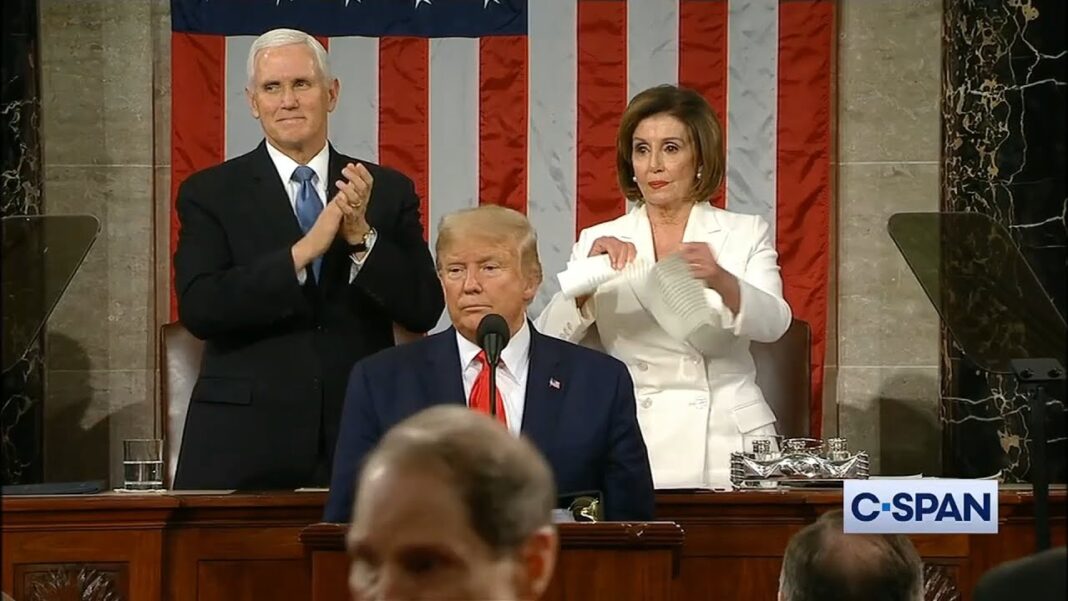According to one analyst, the U.S. president’s volatile approach forced China to reveal its best card.
Since day one in office, President Donald Trump has taken Beijing on a roller coaster ride of tariffs and export controls. For a regime that is already struggling with a stagnant economy and an international market increasingly wary of Chinese dumping, Trump’s actions have added an extra layer of uncertainty.
Both sides went through multiple rounds of escalation and de-escalation. Last month, they entered a tentative one-year truce.
Tariff levels are down—overall about 47 percent on Chinese goods and 33 percent on U.S. goods. China will pause its extensive rare earth export control, curb the flow of fentanyl precursor chemicals into the United States, and will also buy soybeans from American farmers. In return, the United States will suspend its port fees on Chinese ships and the 50 percent rule—barring exports to any companies owned 50 percent or more by entities on the restricted list.
Before the Trump-Xi meeting on Oct. 30, China’s Minister of Foreign Affairs called Trump a “world-class statesman.” At the meeting in Busan, South Korea, Xi referred to Trump as a “helmsman.” Xi also said China’s development is “parallel and not contradictory to” Trump’s “Make America Great Again” campaign.
Coping with Trump’s unpredictability is challenging for Beijing, said Dennis Wilder, a former senior U.S. national security official on China affairs who served under both Republican and Democratic presidents.
“It was interesting how Xi Jinping flattered Trump this time, and I haven’t heard him flatter an American president before,” Wilder told The Epoch Times. “That was quite striking, and it shows that the Chinese are a little scared of Trump and the fact that he doesn’t play by the traditional rules.”
Alexander Campbell, a global macro investor, estimated that due to the property crisis, China’s banks need a lifeline of $1 trillion each year, which is supported by its trade surplus of the same size. Therefore, he thinks the importance of exports to the regime and the threat of high tariff rates are underappreciated. He previously worked as the head of commodities at U.S. investment management firm Bridgewater Associates.
In his view, Trump’s volatile approach forced China to reveal its hand in rare earths, creating a sense of urgency for the United States to achieve supply chain independence.
By Terri Wu








